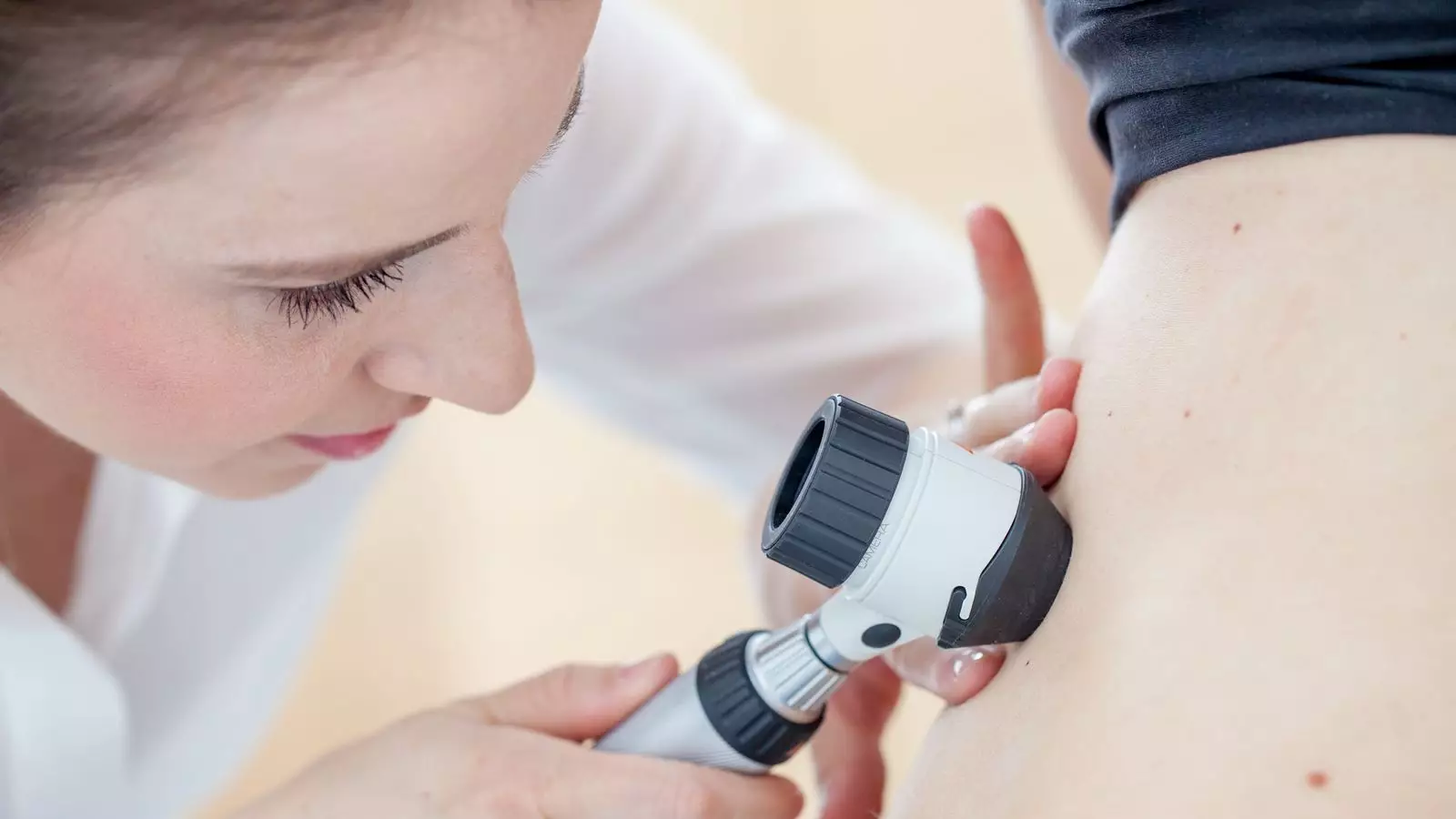The incidence of melanoma skin cancer cases in the UK has reached an all-time high, with Cancer Research UK reporting that 20,800 people are expected to be diagnosed this year. Shockingly, rates of melanoma have surged by nearly a third over the past decade, jumping from 21 to 28 cases per 100,000 people between 2007-2009 and 2017-2019.
Impact Across Different Age Groups
An analysis of the recent data has shown that the trend of increasing melanoma cases is evident across all age groups, with the most significant rise occurring in adults over the age of 80, witnessing a whopping 57% increase in cases over the last ten years. Even in the younger demographic of 25 to 49-year-olds, there has been a 7% uptick in cases.
Preventable Nature of Melanoma Cases
Shocking statistics reveal that about 17,000 melanoma cases annually could have been prevented, with nearly 90% of cases attributed to excessive ultraviolet (UV) radiation exposure. UV radiation from the sun or tanning beds can cause damage to the DNA in skin cells, leading to the development of skin cancer. To mitigate the risk, Cancer Research UK recommends measures such as seeking shade, especially between 11am and 3pm, covering up with protective clothing, wide-brimmed hats, UV-protection sunglasses, and applying sunscreen with at least SPF 30 and a 4 or 5-star rating regularly.
Personal Testimony from a Skin Cancer Survivor
Caroline Jones, a postmistress from Shrewsbury, shared her harrowing experience of being diagnosed with skin cancer after she noticed a tiny blemish above her knee. Reflecting on her ordeal, Caroline stated, “My mum died of breast cancer when she was just 49 and here was I, aged 52. I honestly thought I was going to die.” Fortunately, Caroline’s cancerous mole was identified in time, and she underwent successful treatment, stressing the importance of timely skin checks.
The chief executive of Cancer Research UK, Michelle Mitchell, emphasizes the significance of early detection in improving survival rates for melanoma. Survival rates for melanoma have been steadily increasing, showcasing the progress made in treating the disease through research. The charity urges individuals to remain vigilant about any unusual changes in their skin and consult a healthcare professional if they notice any suspicious signs like new or changing moles, non-healing sores, or abnormal skin areas.
Despite the concerning rise in melanoma cases, there is a promising trend of more people surviving the disease. The charity’s data indicates that nearly 90% of adults diagnosed with melanoma in England are expected to survive their condition for ten years or more. The younger generation appears to be more informed about the link between sun exposure and skin cancer, which may contribute to better prevention strategies.
Rising Challenges and Innovative Solutions
Several factors contribute to the escalation of melanoma cases, including an expanding and aging population, heightened awareness of skin cancer symptoms, and a shift in vacation habits, particularly the “cheap package holiday boom” from the 1960s. In response to the growing challenge, groundbreaking developments, such as the personalized mRNA cancer jab for melanoma, offer hope for improved treatment outcomes. Clinical trials of this innovative immunotherapy have shown promising results in reducing the risk of cancer recurrence among melanoma patients, signaling a potential breakthrough in cancer therapeutics.

Leave a Reply